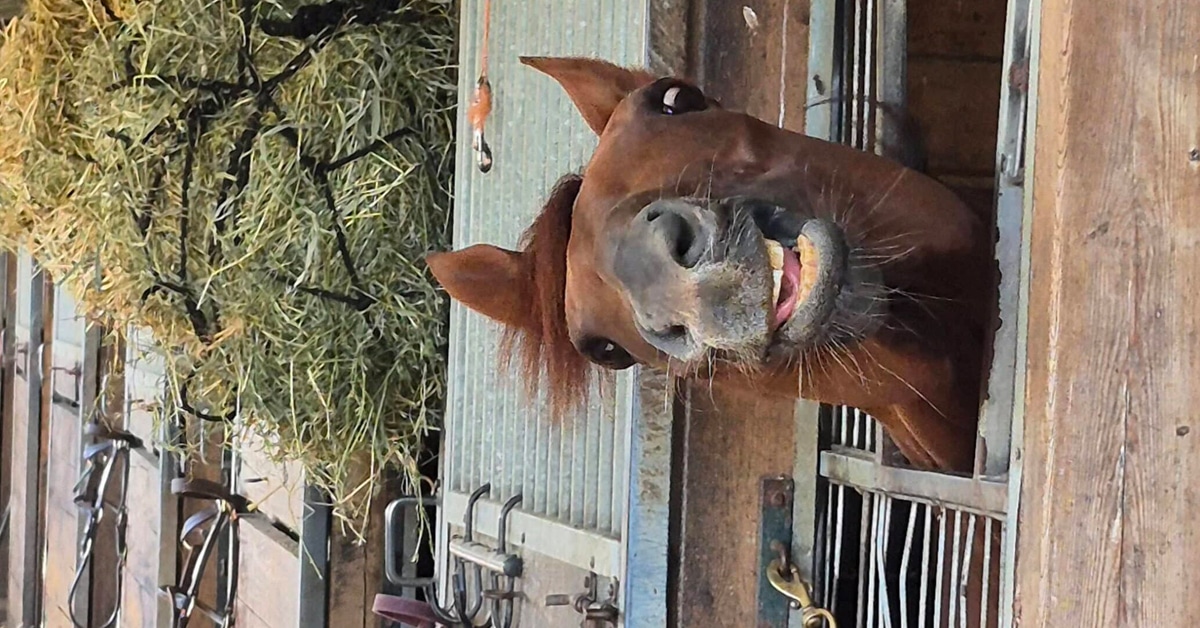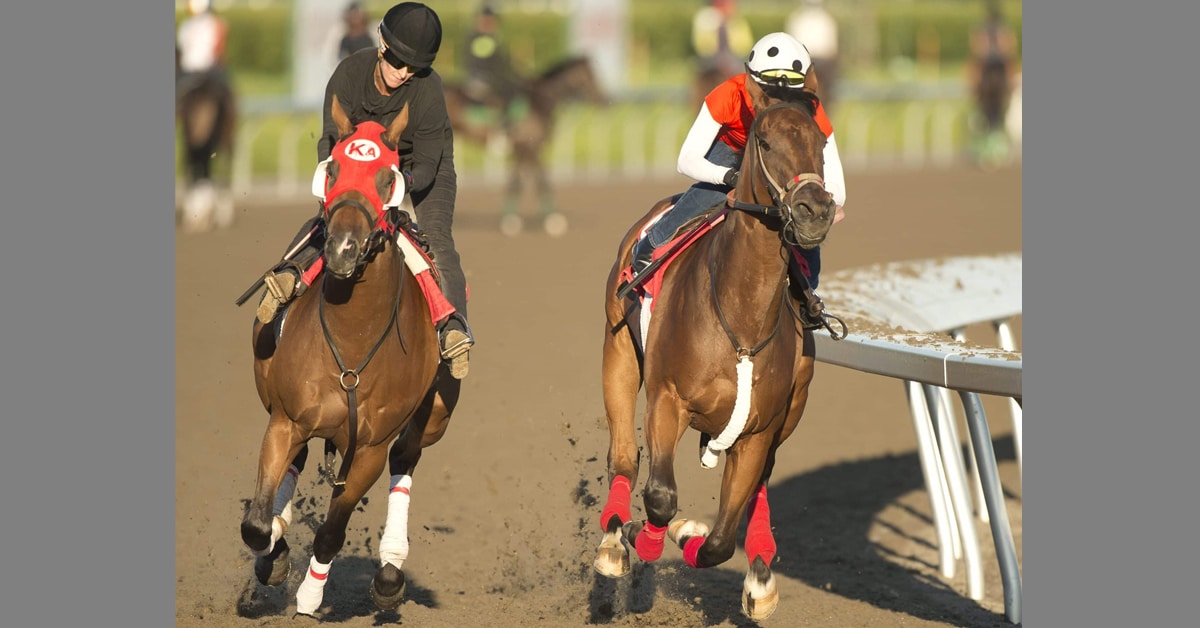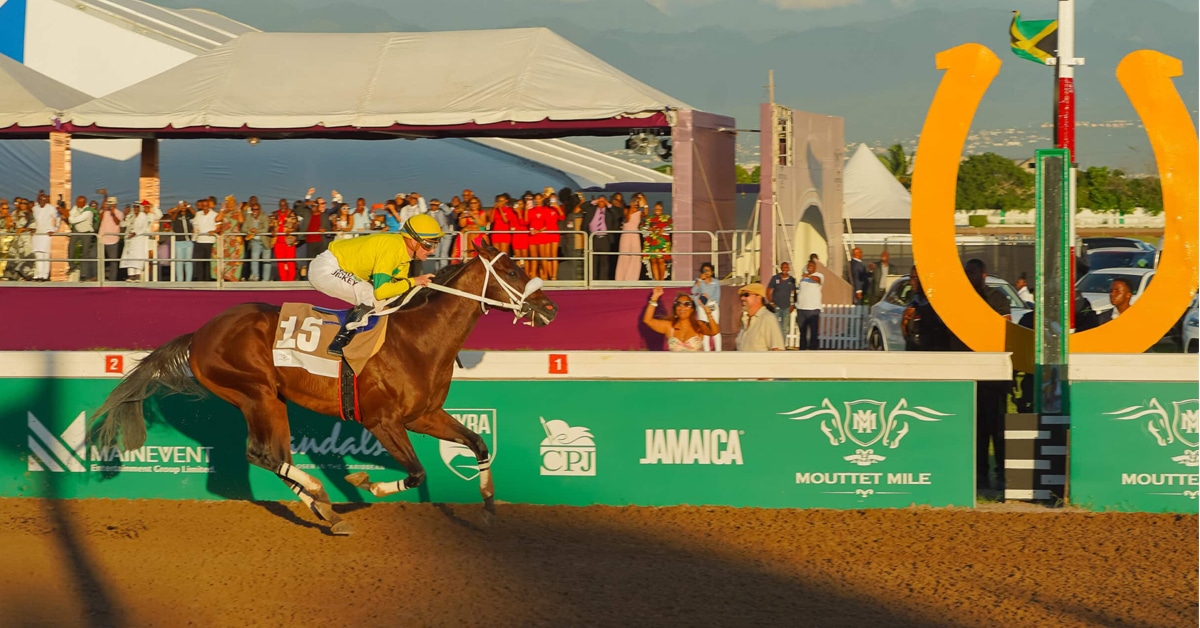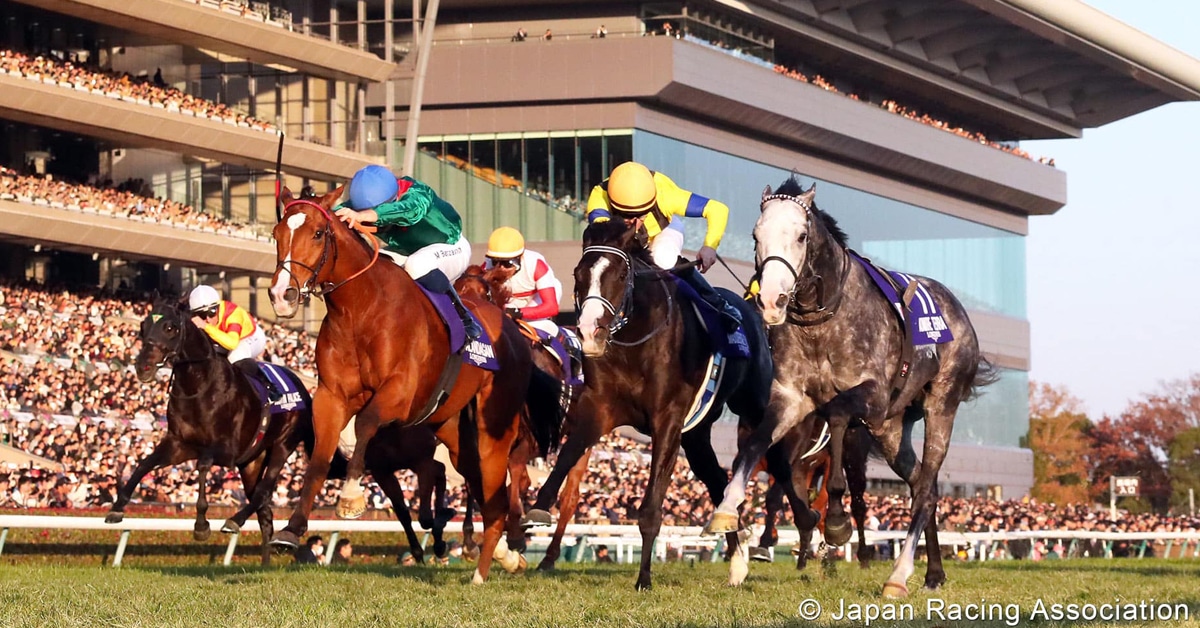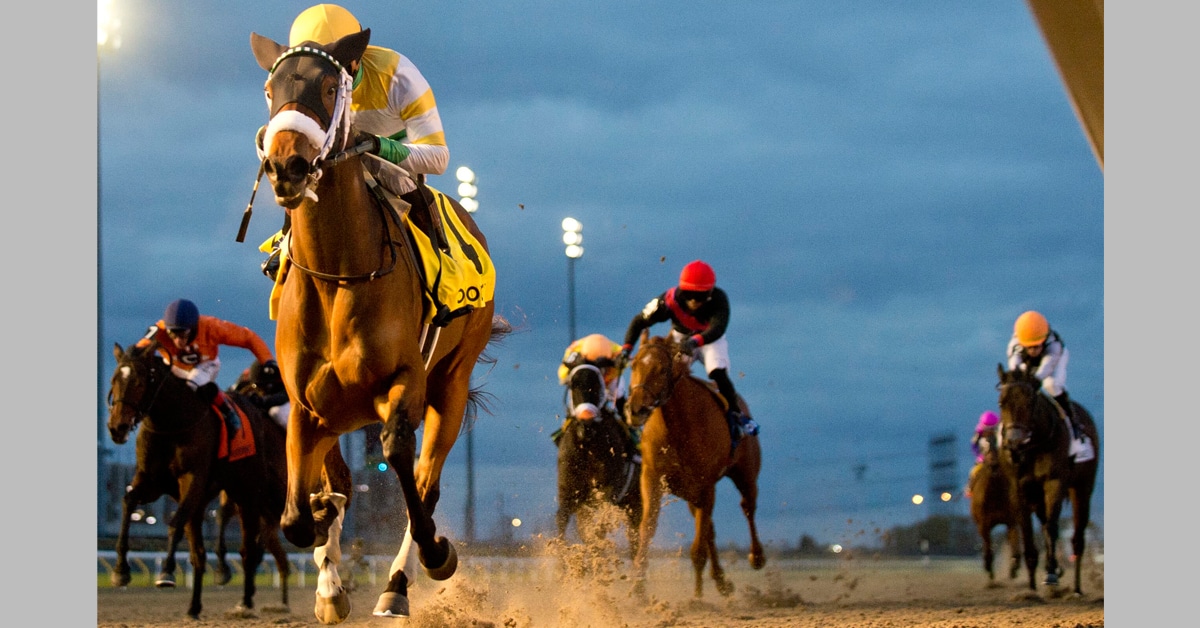Churchill Downs has announced a series of initiatives to improve safety protocols and procedures for horses and jockeys ahead of the 145th running of the Kentucky Derby, May 4, 2019. These include creating an independent, national Office of Racing Integrity and investing in an equine medical centre, and will build upon Churchill Downs’ “Safety from Start to Finish” program.
Ray Paulick lists a rundown of the highlights:
- Creating an independent, national Office of Racing Integrity. Churchill Downs will work with other industry leaders to immediately form and fund a new organization dedicated to developing and sharing best practices and research in horseracing. The national organization will also extensively advocate with state regulators for fair, robust and uniform regulation of the industry to better protect horses, jockeys, trainers, owners, fans and the betting public. They will announce an executive leader for the organization and its initial membership in the coming weeks.
- Investing $8 million to build a state-of-the-art Equine Medical Center, Quarantine Facility and related capital improvements on the backside of Churchill Downs Race Track. The Equine Medical Center, which is slated to open in March 2020, will be used for every-day equine therapeutic purposes as well as immediate and advanced onsite care in the event of injury. Churchill Downs Race Track will also have a temporary Equine Medical Center in place for the 2019 Kentucky Derby. The Quarantine Facility will permit horses from other countries to fly directly to Kentucky and eliminate long, taxing van rides when racing at Kentucky venues. It will also provide a world-class facility for isolating, monitoring and treating horses who may suffer from contagious equine diseases.
- Hiring an Equine Medical Director to oversee safety and care at all Churchill Downs Inc. properties. This position will be responsible for implementing and enforcing all equine safety protocols and procedures, investigating and documenting all safety incidents and collecting and analyzing race data in order to implement evidence-based best practices across Churchill Downs’ properties. The Equine Medical Director will also be externally focused to better educate owners, trainers, and others in our industry about safety practices.
- Advocating for reforms to race-day medication practices. Furosemide (often referred to by the brand name, Lasix) is the only race-day medication permitted in U.S. horse racing. While the therapeutic use of Lasix on race-days is the subject of significant debate with recognized equine experts and veterinarians on both sides, Churchill Downs unequivocally supports (x) the elimination of Lasix for 2-year-old horses by 2020 and in all stakes races beginning in 2021 and (y) the immediate reduction in the maximum dosage of Lasix from 10 cc to 5 cc for all horses who race at U.S. tracks. Churchill Downs will advocate in the strongest possible terms with Kentucky regulators and the regulators of other U.S. racing jurisdictions to achieve this result and it is our intention to run the 2021 Kentucky Derby without the permitted use of Lasix.
- Advocating for additional equine mediation reforms. Churchill Downs will advocate immediately with applicable regulatory authorities for increased withdrawal times for nonsteroidal anti-inflammatory drugs and cortico-steroids so that horses can be more adequately evaluated during pre-race veterinary examinations. We will also continue our strong financial support and advocacy for high quality drug testing as well as the mission of the Racing Medication and Testing Consortium to extend its accreditation program to measure not only the capabilities of testing labs but to also verify what testing is being performed.
- Adopting of international standards for crop use. While the low-impact riding crop is an essential aid to safe horsemanship, its use should be humane and limited to safety, course correction and responsible encouragement. Once Kentucky regulators update the applicable regulations, we will immediately adopt the International Federation of Horseracing Authorities (IFHA) model rules that govern the use of the low-impact riding crop worldwide. Churchill Downs Race Track will be among the nation’s first track to adopt these standards. We support, and will advocate for, the IFHA model rules in all U.S. racing jurisdictions.
- Formalizing concussion protocol to maximize jockey safety. While Churchill Downs has a proven record of delivering immediate care to riders via onsite doctors and nurses, we are taking additional steps to formalize our concussion policies. This includes more thorough jockey education, baseline concussion testing, onsite evaluation after a fall and additional return-to-ride requirements.
- Installing camera surveillance. Over the next three years, Churchill Downs Race Track will greatly expand camera surveillance across the approximately 55 acres of backside operations, including the installing of 24-hour surveillance cameras in every barn, stall and common area to better ensure the physical safety and security of horses, personnel and visitors.
- Industry Research. Churchill Downs commits $100,000 of additional financial support to fund key scientific research projects geared toward improving the safety and welfare of race horses, particularly with respect improving treatment options for joint and leg injuries.
More News
